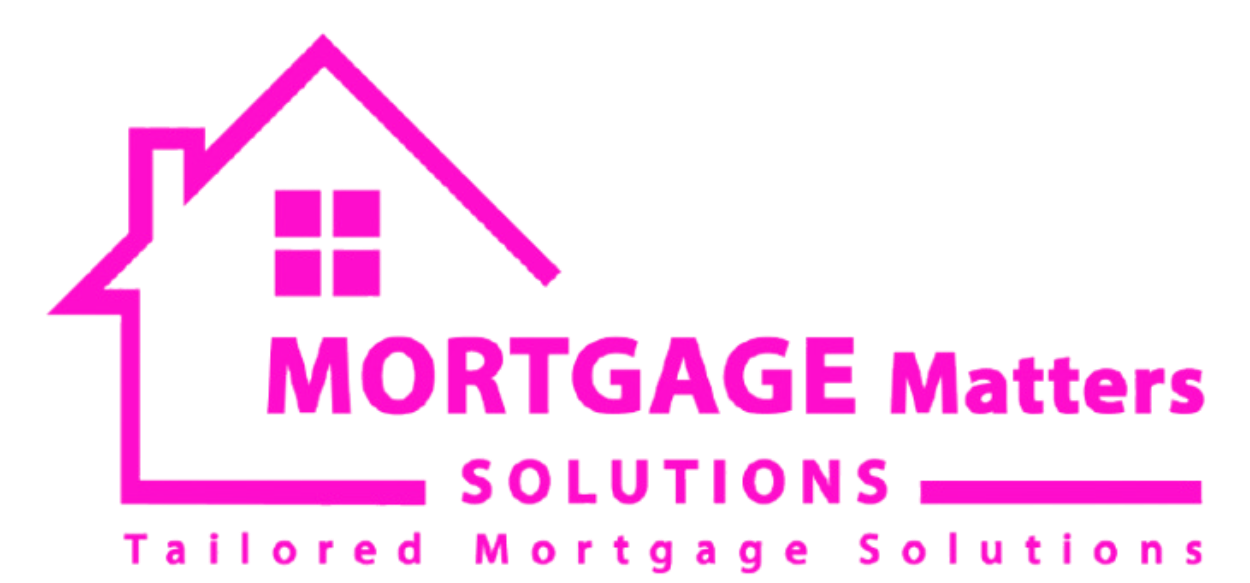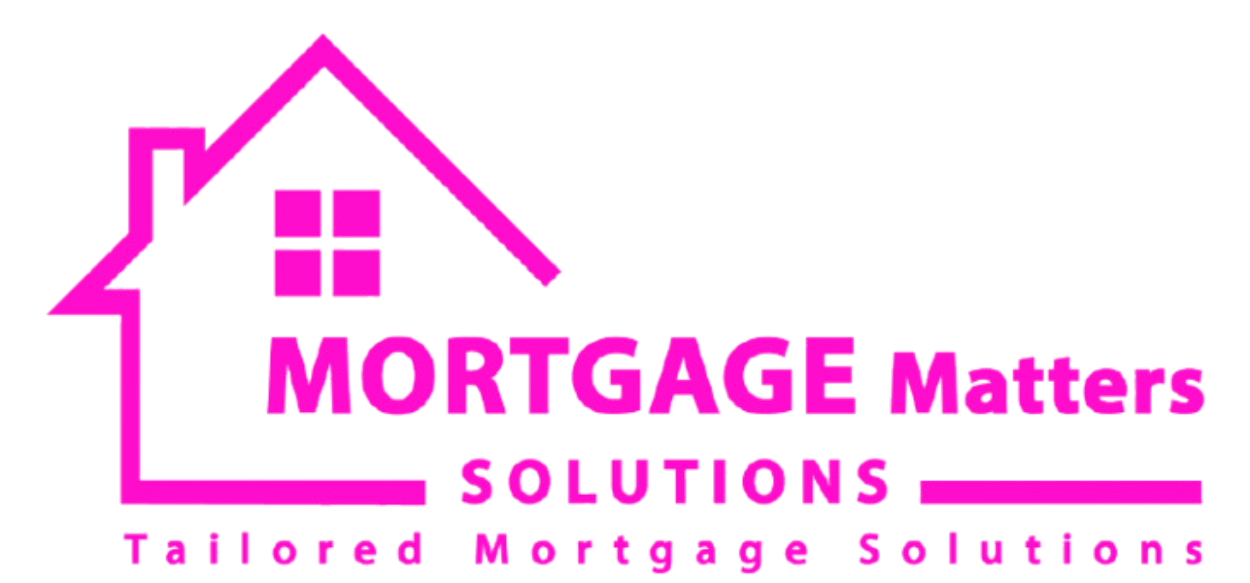Testimonials
First Class!
Contacted Nicola after a recommendation, our requirements were somewhat challenging. Within 10 days of contact we had our full mortgage offer.
Nicola and her colleague Lisa have been fantastic, I can not recommend highly enough. Nothing too much trouble and was made to feel at ease all the way through the process .
D Lord - Oct 2024
I have used Nicola for a number of years, nothing is too much trouble, and questions we had were answered and her speed and efficiency is outstanding. I would highly recommend them to anyone.
L Pointon - Nov 2024
Mortgage Matters were amazing and guided me through the whole process from start to finish. They provided best advise for me and took all the stress away. Thank you so much.
C Hulme - Jan 2025
Nicola and Lisa through Mortgage Matters have been sourcing the right mortgages for both myself and my company. They have enabled me to create a passive income that would allow me to retire if my wife would let me! The mortgages sourced have always given me options for the term I have been looking for. I will always be thankful they are there for me.
D Tennant - Feb 2025 (Ltd Co BtL)
We have been dealing with Mortgage Matters for over 20 years. They provide us with the best rates every time we renew our Mortgage deals.(Believe me I always check the other financial industries). We have always had a first class service, and they have gone above and beyond with their helpful advice. Thank you Mortgage Matters. We appreciate all that you do for us.
S Dillon - 2025


